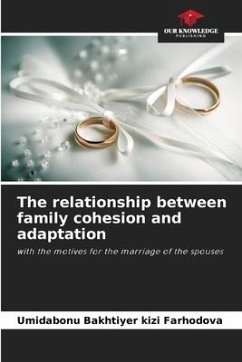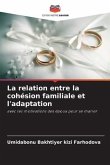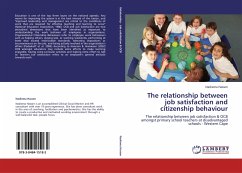To date, the sphere of family relations is considered sufficiently developed and quite an extensive amount of information on this issue has been accumulated. This book in addition to revealing the theoretical basis is a study on 125 respondents to test the relationship preferred motives for marriage, as well as the criteria that people focus on when choosing a spouse to satisfaction in marriage, family cohesion and adaptation of the family in the future. The methods which were used in the research, including the author's method diagnosing the history of creation of a family, choice of the marital partner, as well as adaptation of I. S. Golod's questionnaire supplemented with N. A. Kamneva, V. I. Gassiev and A. S. Lisutina's classification of the preferred motives, are also described in detail. At the same time in creating a questionnaire many specific features were taken into account, taking into account our region: the specifics of family creation, namely marriage matchmaking, parents' participation in the organization of the wedding process, etc.








